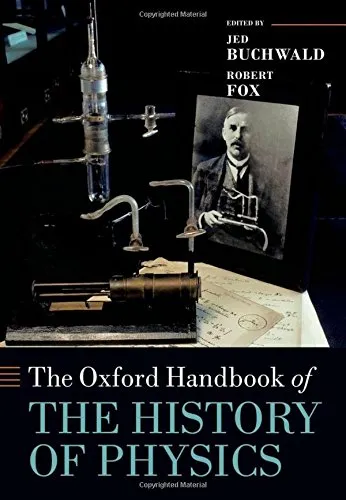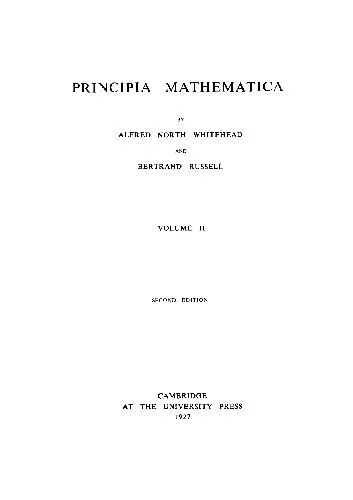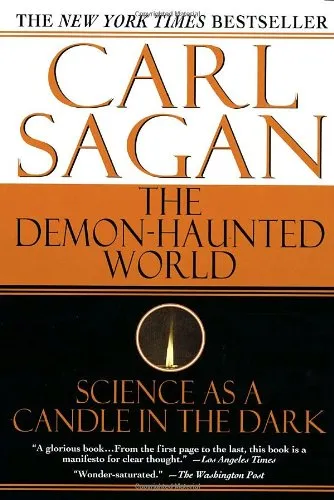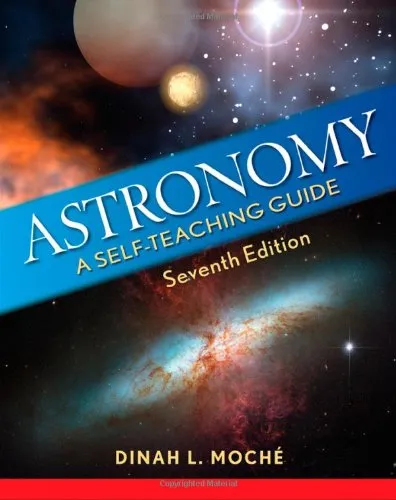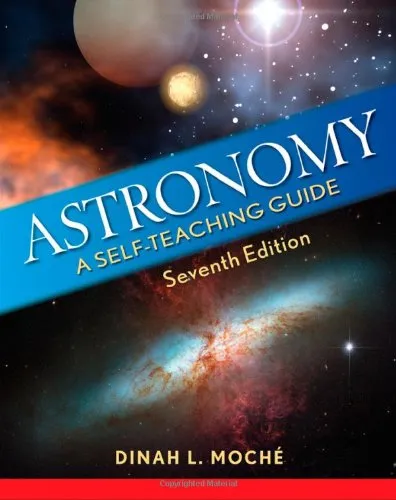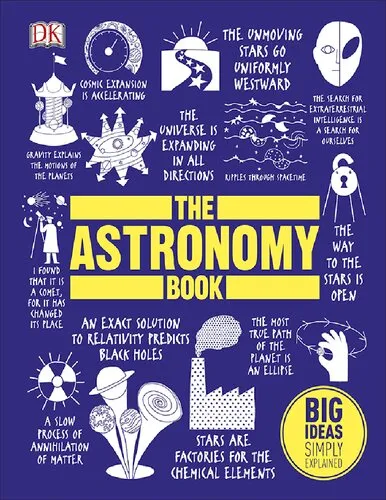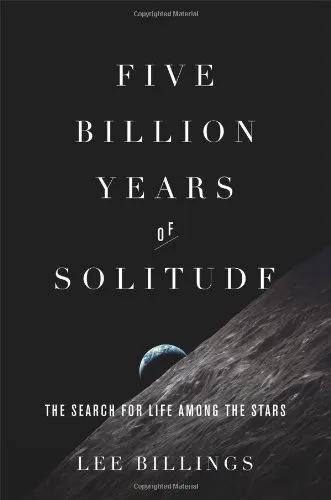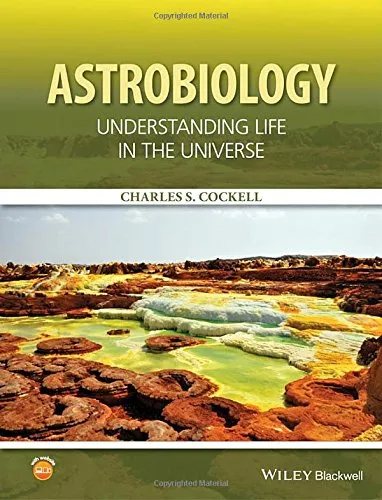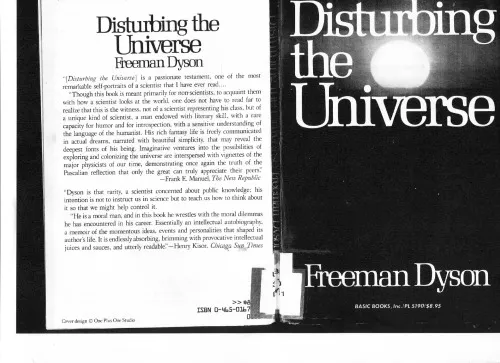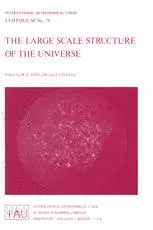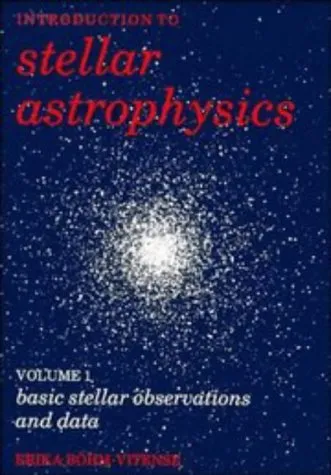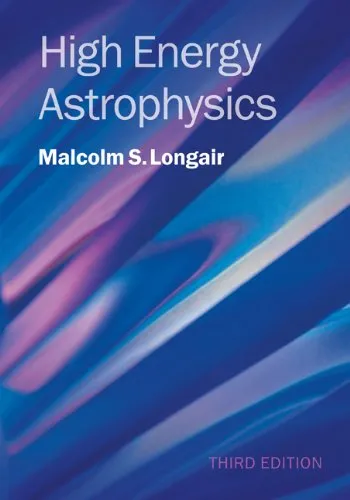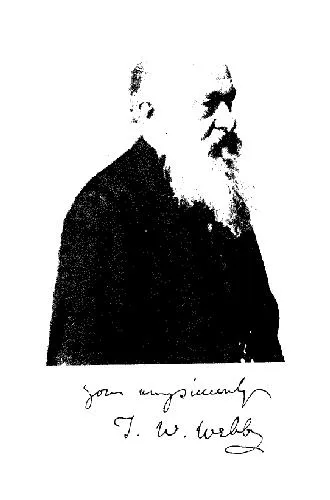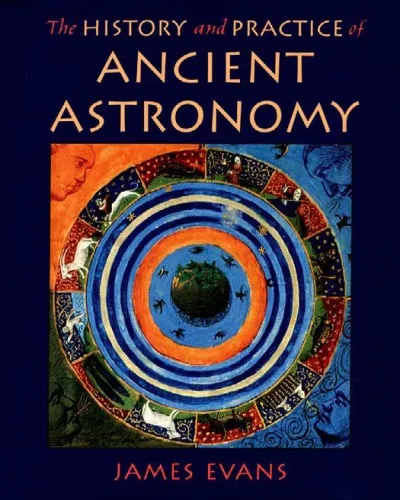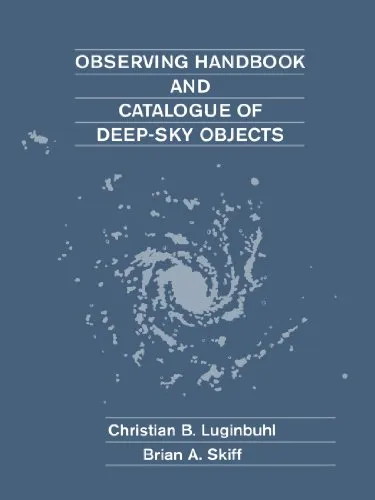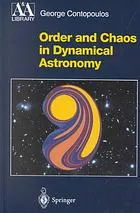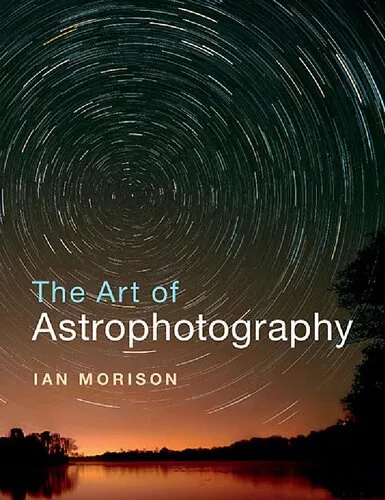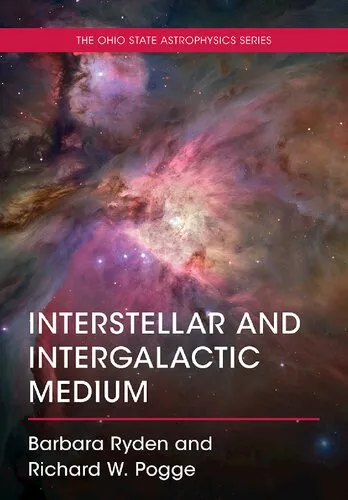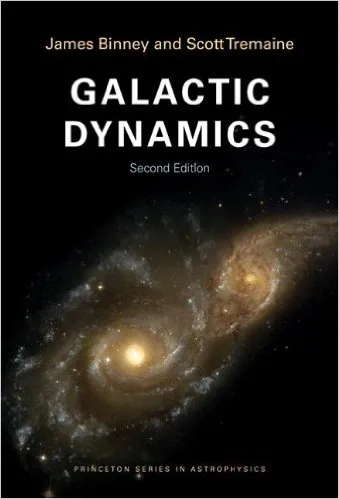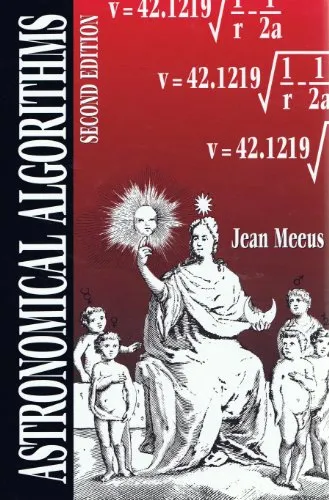The Oxford Handbook of the History of Physics
4.5
بر اساس نظر کاربران

شما میتونید سوالاتتون در باره کتاب رو از هوش مصنوعیش بعد از ورود بپرسید
هر دانلود یا پرسش از هوش مصنوعی 2 امتیاز لازم دارد، برای بدست آوردن امتیاز رایگان، به صفحه ی راهنمای امتیازات سر بزنید و یک سری کار ارزشمند انجام بدینکتاب های مرتبط:
معرفی کتاب
کتاب 'The Oxford Handbook of the History of Physics' نوشته جِد ز. باچوالد و رابرت فاکس، مجموعهای بینظیر از مقالات علمی و تاریخی است که به بررسی تاریخچه پیچیده و جذاب فیزیک میپردازد. این کتاب که توسط انتشارات معتبر Oxford به چاپ رسیده، مرجعی گسترده و جامع برای محققان، دانشجویان و علاقهمندان به تاریخ علم فراهم میکند.
خلاصهای از کتاب
کتاب به گونهای سازماندهی شده است که از ظهور مفاهیم اولیه در فیزیک تا تحولات مدرن و معاصر این علم را پوشش میدهد. 'The Oxford Handbook of the History of Physics' در بیش از 40 فصل، به بررسی موضوعاتی مانند مکانیک کلاسیک، الکترومغناطیس، ترمودینامیک، و Quantum Mechanics میپردازد. هر فصل توسط کارشناسان برجسته در حوزههای مختلف فیزیک نگاشته شده و با روایتی قابل فهم و همزمان دقیق، خواننده را به دنیای پیچیده علم فیزیک هدایت میکند.
نکات کلیدی
- کتاب به بررسی جامع و تحلیلی از توسعه مفاهیم فیزیکی از گذشتههای دور تا زمان حال پرداخته است.
- رویکرد چندرشتهای و تلفیقی کتاب، ابعاد اجتماعی، فرهنگی و فلسفی فیزیک را نیز مدنظر قرار داده است.
- خواننده با مطالعه این کتاب به درک عمیقی از تأثیرات تاریخی و اجتماعی اکتشافات فیزیکی دست مییابد.
جملات معروف از کتاب
«فیزیک نه تنها علمی تجربی است، بلکه ترکیبی از فرهنگ، فلسفه و تاریخ است که تمامی ابعاد زندگی انسانی را تحت تأثیر قرار داده است.»
اهمیت این کتاب
این کتاب نه تنها به عنوان یک منبع معتبر و جامع از تاریخ فیزیک عمل میکند، بلکه به عنوان پلی میان علم و جامعه، به درک بهتر خوانندگان از تأثیرات علمی و فرهنگی فیزیک کمک مینماید. اهمیت این کتاب در ارائه دیدگاهی کلی از چگونگی تعامل جامعهها با علم و تبدیل کشفیات علمی به بخشی اساسی از توسعهٔ تمدن بشری نمایان است. برای هر فردی که میخواهد نگاهی عمیق به جایگاه فیزیک در تاریخ بشر داشته باشد، مطالعه این کتاب ضروری است.
The Oxford Handbook of the History of Physics: A Comprehensive Introduction
Physics, as a discipline, stands as one of the most profound achievements of human inquiry. A narrative of exploration, challenges, and triumphs, 'The Oxford Handbook of the History of Physics' offers a sweeping overview of its development. This scholarly masterpiece delves into the evolution of physics from antiquity to the modern age, providing an indispensable resource for historians, students, and enthusiasts of science.
Detailed Summary of the Book
The book meticulously traces the chronological development of physics, examining the key figures, pivotal experiments, and groundbreaking theories that have shaped the field. It begins with ancient civilizations, highlighting how early thinkers pondered the nature of the universe, laying the foundation for future inquiry. From the mathematical sophistication of Greek natural philosophy to the astronomical breakthroughs in the Islamic Golden Age, the narrative sets the stage for the momentous scientific revolution.
Throughout the Enlightenment and into the 19th century, the book captures the burgeoning of physics into distinct disciplines such as thermodynamics, electromagnetism, and classical mechanics. With the advent of the 20th century, physics underwent a profound transformation. This transformation is examined through the lens of relativity and quantum mechanics, elucidating the radical shifts in understanding brought about by figures like Einstein, Bohr, and Heisenberg.
The handbook also explores the role of technology and instrumentation, the sociology of scientific communities, and the broader cultural contexts that influence the development of scientific ideas. Each chapter is curated by a leading expert, ensuring a nuanced and authoritative exploration of their subject area, making this book an exhaustive compendium of the history of physics.
Key Takeaways
- Understanding the historical progression of physics enhances our appreciation of contemporary science.
- Historical context is crucial for grasping the nuances of scientific discovery and the formulation of theories.
- The evolution of physics is not just a story of individual genius but also of collaboration and cultural exchange.
- The impact of technology and instrumentation has been pivotal in advancing scientific knowledge.
- Interdisciplinary influences have continuously driven the field of physics forward, indicating the non-linear nature of scientific progress.
Famous Quotes from the Book
"Physics does not exist in isolation; it is a tapestry woven from the threads of human experience, endeavor, and exploration."
"From the stars above to the smallest particles, the journey of physics is a testament to humankind's unyielding curiosity."
Why This Book Matters
'The Oxford Handbook of the History of Physics' is a vital text that bridges the gap between historical scholarship and scientific inquiry. For scholars, it provides a well-rounded understanding of how physics has evolved and the intricate network of influences that have informed its present state. For students, it serves as an educational tool that presents complex ideas in an engaging and accessible manner. Enthusiasts will find in its pages a profound narrative that celebrates human ingenuity.
This book matters not just for its detailed examination of past achievements in physics but for its vision of the field's future. By learning from history, we gain insights that guide current and future explorations. Moreover, it instills a sense of appreciation for the methods of scientific inquiry and the perseverance required to push the boundaries of what is known.
دانلود رایگان مستقیم
شما میتونید سوالاتتون در باره کتاب رو از هوش مصنوعیش بعد از ورود بپرسید
دسترسی به کتابها از طریق پلتفرمهای قانونی و کتابخانههای عمومی نه تنها از حقوق نویسندگان و ناشران حمایت میکند، بلکه به پایداری فرهنگ کتابخوانی نیز کمک میرساند. پیش از دانلود، لحظهای به بررسی این گزینهها فکر کنید.
این کتاب رو در پلتفرم های دیگه ببینید
WorldCat به شما کمک میکنه تا کتاب ها رو در کتابخانه های سراسر دنیا پیدا کنید
امتیازها، نظرات تخصصی و صحبت ها درباره کتاب را در Goodreads ببینید
کتابهای کمیاب یا دست دوم را در AbeBooks پیدا کنید و بخرید
1487
بازدید4.5
امتیاز0
نظر98%
رضایتنظرات:
4.5
بر اساس 0 نظر کاربران
Questions & Answers
Ask questions about this book or help others by answering
No questions yet. Be the first to ask!
